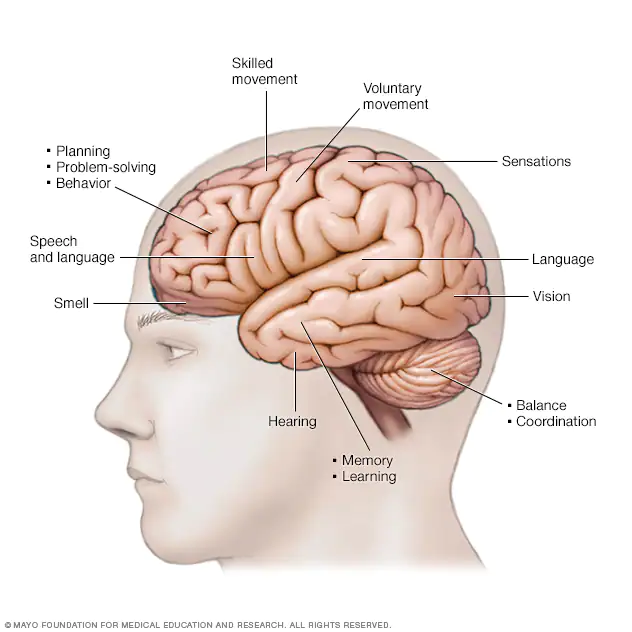Primary progressive aphasia (PPA) is a lesser-known type of communication impairment that describes a group of neurodegenerative disorders with predominant speech and language dysfunction as their main feature. PPA occurs when there is atrophy in certain areas of the brain responsible for speech and language. Family and caregivers often benefit from education and are encouraged to be included in the interventions to treat a person with PPA. One of the easiest ways to understand exactly what this diagnosis means is to look at the criteria for PPA:
- Primary: The impairment is prominent in a single domain (language) with relative sparing of other domains early on (e.g. memory)
- Progressive: The impairment will get worse over time, since it is caused by a neurodegenerative disease
- Aphasia: A language impairment
According to the Mayo Clinic: “Primary progressive aphasia can’t be cured, and there are no medications to treat it. However, some therapies might help improve or maintain your ability to communicate and manage your condition. Working with a speech-language pathologist, focusing primarily on ways to make up for lost language skills, can be helpful. Although speech and language therapy can’t stop the progression of the condition, it can help you manage your condition and may slow the progression of some symptoms.”
It’s important to note that there are three distinct types of PPA depending on the affected area of the brain. A speech language pathologist can help to identify which type of PPA a person has and develop therapy goals that are patient specific.
3 types of Primary Progressive Aphasia:
- Semantic variant: Impaired language comprehension and object naming
- Logopenic variant: Impaired word retrieval and repetition
- Nonfluent-agrammatic variant: Impaired grammar and sometimes comorbid apraxia
Education to the person’s multidisciplinary team can directly affect their quality-of-life outcomes. SLPs should work directly with the physicians, nursing staff, social workers, caregivers, and family so that they can make appropriate referrals. Some of the key areas to monitor are:
- Slow or halting speech
- Increased difficulty finding the correct word for an object
- Frequent pauses while speaking
- Poor grammar
- Difficulty understanding speech
- Total loss of language skills
While there are many different treatment options available, the SLP’s role in the treatment of PPA will typically focus on a combination of two approaches; maintain/restore function and compensate for a decline in function. The first approach is to focus treatment directly on the language skills that are impaired. The latter is to provide alternative means of communication via AAC strategies or devices to compensate for the impairment.
Our role as Speech Language Pathologists in sub-acute and long-term care settings can be incredibly beneficial to the quality of life for an individual with PPA and mean the difference in their ability to communicate basic wants and needs.
About the Author: Originally from Port Jefferson, New York, Jennifer Maher, MA, CCC-SLP of Language Fundamentals earned a Master’s Degree from St. John’s University’s Communication Sciences and Disorders program. Jennifer and her husband live on Long Island with their 2 children.



